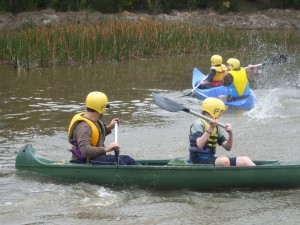
Work with the Young Person as the Focus
I was recently looking at the Certificate IV in Youth Work training package and wondering the age old question of what makes how youth workers engage with young people different. Different from social workers, teachers, student welfare professionals, mental health workers and all the other professions and para-professions that work with young people. It is an age old question in youth work. What do we do? How is this different from everyone else. In fact it is probably the foremost question of our professionalisation debate. The sad fact of the matter is that most youth workers cannot agree on the core tenets of youth work as a profession. It was with all this rattling around in my head when I came across one performance element in the very first youth work unit and my mind was changed, work with the young person as the focus. If youth work students could just fully get this then all the other debates become minutia.
The third performance criteria states that one of the areas of knowledge and skills that a youth worker must hold is to “work with the young person as the focus“. Now, this may seem like a foundational piece of knowledge and it is, after all it is in the first youth work unit of the Certificate IV (CHCYTH001 Engage Respectfully with Young People). It is also a fundamental skillset that many youth workers forget, or worse are required to dismiss.
You see there are many people in the world who want to guide our young people. For the most part these people have good intentions. Teachers want students to learn so they can get a job and live as part of society. Parents want their children to be safe. Student welfare staff want young people to have the language, literacy and numeracy skills to graduate. However, do they put the young person first? do they work for the young person as the focus? do they have other motives?
This is the key to great youth work ethos as well as exceptional youth work praxis. I will go into more depth below, but in the mean time lets get back to what the training package informs us about this. There are six performance criteria that youth work students must demonstrate here to be deemed to have the knowledge and skills to be a youth work graduate. They are:
|
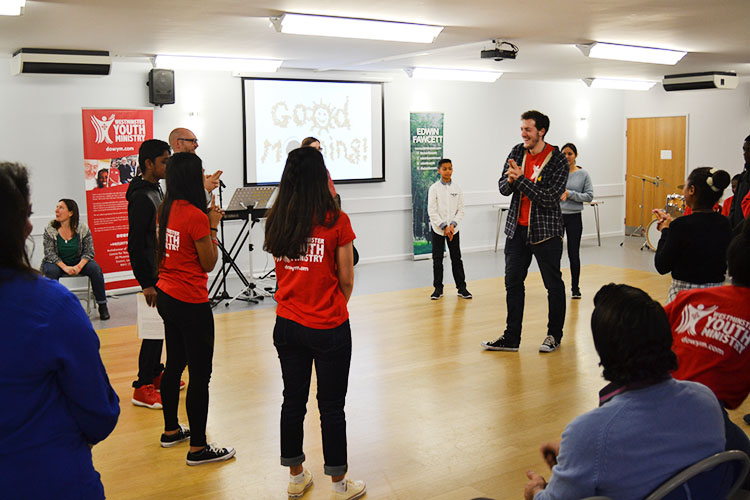
How do we work with young people as the focus?
Apply youth-centred practices when working with young people
The Youth worker needs to demonstrate that they have a solid grasp on youth-centred practices and how to implement these with young people. This begs the question, what are youth-centred practices? A few that spring to mind are ‘youth engagement’, ‘youth participation’ and Carl Rogers ‘person centred therapy’. There are a few more, but the idea here is the young person needs to be at the centre of the activity of youth work. So, if the young person is not at the centre of your work, you probably aren’t doing youth work.
Respect the rights, needs and responsibilities of the young person
Explain worker rights and responsibilities to the young person as necessary
Establish a professional relationship and boundary expectations with the client
Identify and manage power inequities in the professional relationship
As youth workers we must recognise that we have power over young people. We might try to minimise its effect, but it is there. How we go about identifying this, potentially with our young people and then managing it is central to being able to build and maintain out relationship. One key way to do this well is to have regular supervision where you are challenged about this.
Apply principles of ethical decision-making in working with young people
Having a code of ethics is a really important step for professional youth work. However the document is useless unless it is put into practice. As youth workers we need ethical decision-making frameworks to help us navigate the murky waters of youth work practice. One clear decision imperative is that our young people are our primary consideration, or as the training package puts it we work with the young person as the focus. We are big fans of Virtue Ethics at Ultimate youth Worker and we use this extensively in our work, however there are a number of ethical decision frameworks that can help us to put our young people at the centre of our decision making processes.
If we are to take youth work to the heights of professionalism we must be able to identify what makes us unique. One of the very clear practices that sets us apart is how we view those we work with. Not as helpless clients but as young people free to determine their futures. For us to engage respectfully with them it must not be from a stance of the all knowing adult. We often say to youth workers that our job is that of a sherpa. We are a knowledgable guide who walks alongside young people and we help to carry the load occasionally while they strive to reach the top of the mountain they are climbing at the time.
Join the Ultimate Youth Worker Community
If you are looking to be a more principled, passionate and professional youth worker then this is the community for you. Get regular podcasts, blog posts, training opportunities and much more.
Join nowAaron Garth
Aaron Garth is the Executive Director of Ultimate Youth Worker. Aaron has worked as a youth worker in a number of settings including local church, street drug and alcohol outreach, family services, residential care, local government and youth homelessness since 2003. Aaron is a regular speaker at camps, retreats, & youth work training events and is a dedicated to seeing a more professional youth sector in Australia. Aaron is a graduate of RMIT University and an alumnus of their youth work program. He lives in Melbourne with his wife Jennifer & their daughters Hope, Zoe, Esther, Niamh and son Ezra.






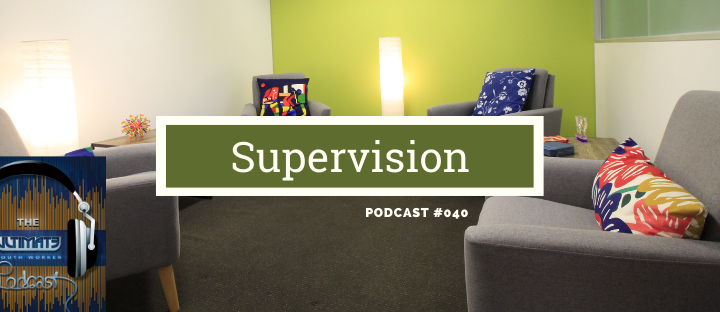



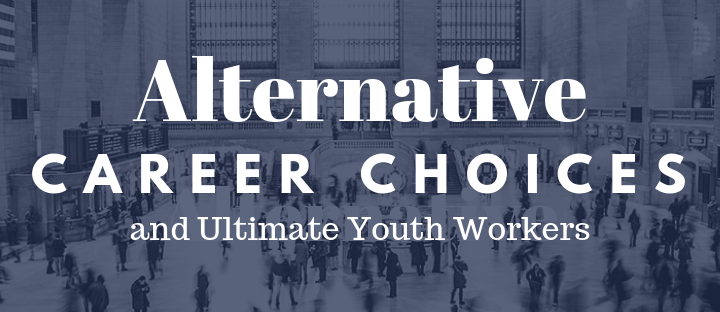

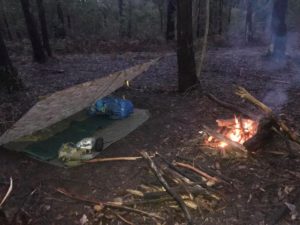 I was also wondering if I am in the right place as the leader of this organisation. I asked myself a question that I am often asked, ‘if you weren’t a youth worker, what would you be?’. In my solitude I thought of the early days of my youth work career on camps and day trips. As a young man I thought my career was going to be in the military. I trained in land navigation, hiking and a bunch of other skills for that career. These skills all came in handy during those early years. Perhaps I could be a wilderness guide??? I love the outdoors and the solitude it provides. There is something primal about being alone in the bush that brings you to a place of reflection. I learnt many skills in those early days which I still use today. Leadership. Self-reliance. Team work.
I was also wondering if I am in the right place as the leader of this organisation. I asked myself a question that I am often asked, ‘if you weren’t a youth worker, what would you be?’. In my solitude I thought of the early days of my youth work career on camps and day trips. As a young man I thought my career was going to be in the military. I trained in land navigation, hiking and a bunch of other skills for that career. These skills all came in handy during those early years. Perhaps I could be a wilderness guide??? I love the outdoors and the solitude it provides. There is something primal about being alone in the bush that brings you to a place of reflection. I learnt many skills in those early days which I still use today. Leadership. Self-reliance. Team work. Today, I find myself working on my car. I had to change my battery as it was dead. I looked at the engine bay and had a moment where I thought I should just call roadside assistance to have them do it. Then I reflected on my first career choice. You see, before I became a youth worker I was a mechanic apprentice. I loved cars, particularly Ford V8’s, and it seemed like I could bring my passion for cars together with a means of making money. I didn’t last very long. I loved working on cars, I hated working to such short timeframes as people wanting their cars back in an hour.
Today, I find myself working on my car. I had to change my battery as it was dead. I looked at the engine bay and had a moment where I thought I should just call roadside assistance to have them do it. Then I reflected on my first career choice. You see, before I became a youth worker I was a mechanic apprentice. I loved cars, particularly Ford V8’s, and it seemed like I could bring my passion for cars together with a means of making money. I didn’t last very long. I loved working on cars, I hated working to such short timeframes as people wanting their cars back in an hour.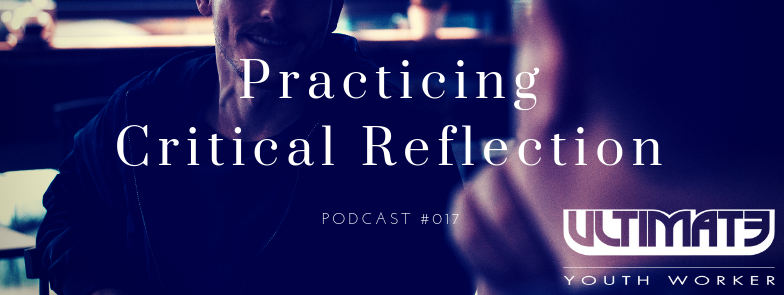
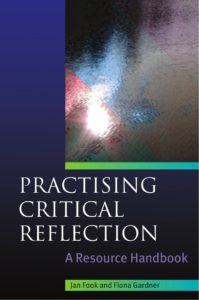 In this episode of the Ultimate Youth Worker Podcast ‘Practising Critical Reflection’ Aaron speaks with us about the importance of critical reflection and the model put forward by Jan Fook and Fiona Gardner.
In this episode of the Ultimate Youth Worker Podcast ‘Practising Critical Reflection’ Aaron speaks with us about the importance of critical reflection and the model put forward by Jan Fook and Fiona Gardner.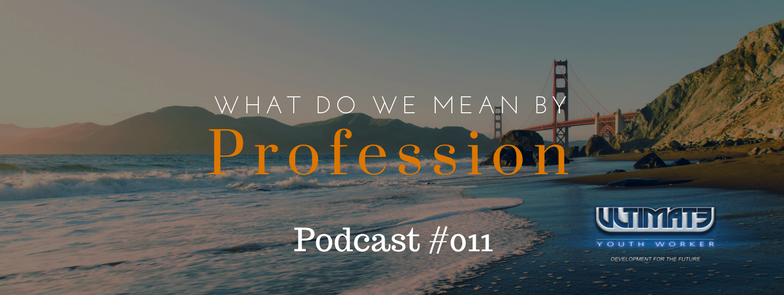
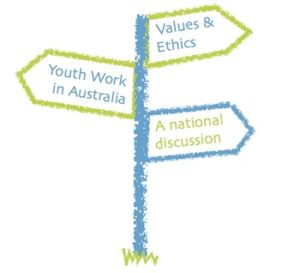 To begin with I think we need to re-evaluate where we are at and where we want to be. For the last few years we have rested on the academic work of he last decade to frame our arguments around professionalism. There has been a glaring omission in this research, the voice of the youth worker. For the most part the work on the development of professional youth work in Australia has been the purview of academics, peak bodies and industry groups. We need to hear what those on the front line want from a professional association. We also need to ask what this association would look like?
To begin with I think we need to re-evaluate where we are at and where we want to be. For the last few years we have rested on the academic work of he last decade to frame our arguments around professionalism. There has been a glaring omission in this research, the voice of the youth worker. For the most part the work on the development of professional youth work in Australia has been the purview of academics, peak bodies and industry groups. We need to hear what those on the front line want from a professional association. We also need to ask what this association would look like?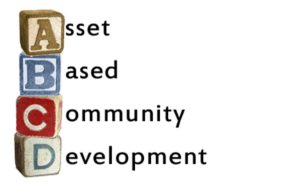 Liberation is a key focus of youth work theory and is a focus we should consider in professionalising. Harvard University academic Rosabeth Moss Kanter says that when we do change to people, they experience it as violence, but when people do change to themselves, they experience it as liberation. There are currently three groups in the debate; those who are in favour of professionalising, those who are against professionalising and those who are apathetic to the whole debate. None of these groups are experiencing liberation.
Liberation is a key focus of youth work theory and is a focus we should consider in professionalising. Harvard University academic Rosabeth Moss Kanter says that when we do change to people, they experience it as violence, but when people do change to themselves, they experience it as liberation. There are currently three groups in the debate; those who are in favour of professionalising, those who are against professionalising and those who are apathetic to the whole debate. None of these groups are experiencing liberation.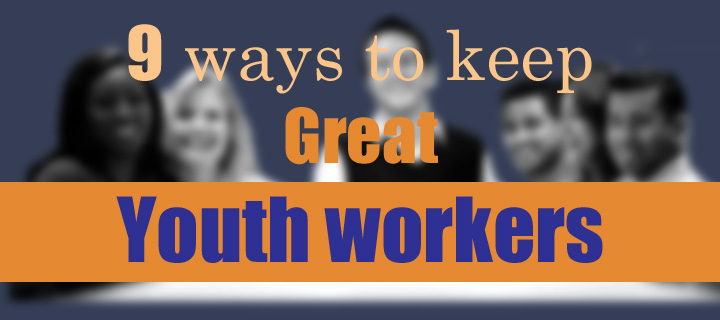
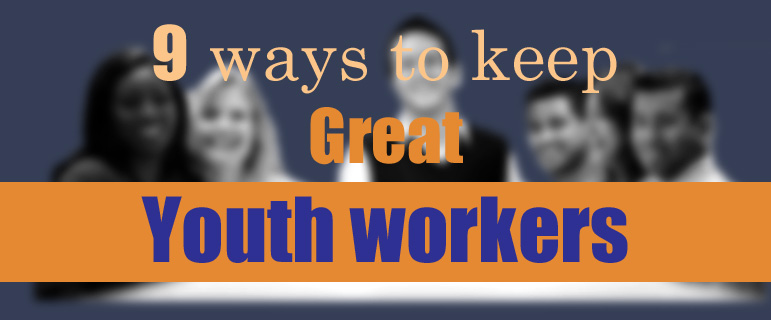 How do you keep great youth workers?
How do you keep great youth workers?
